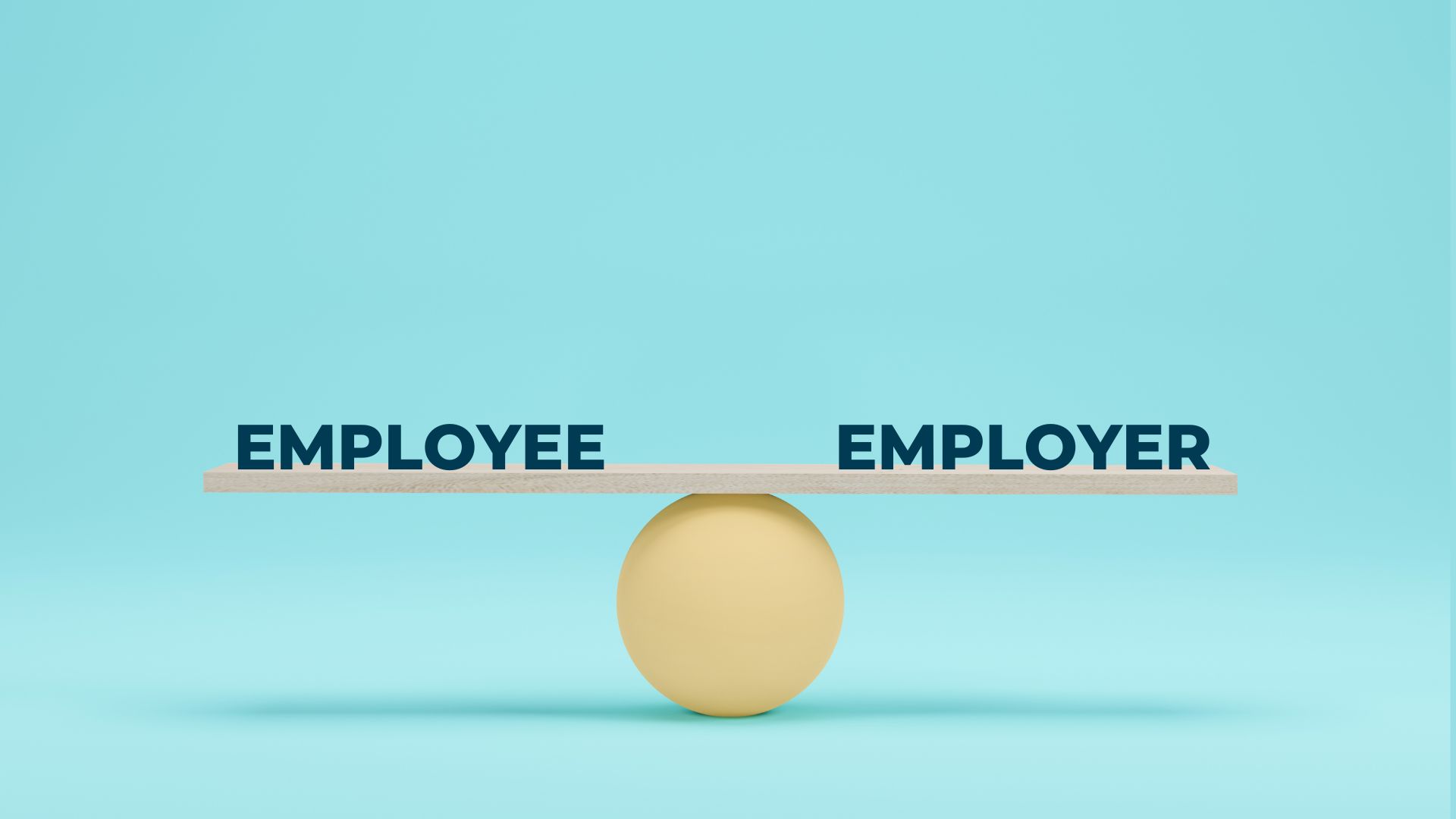
LEGAL UPDATE: New Ruling Impacts Workplace Policies for All Employers
by Jessica McGarvie | October 15, 2023How the recent labor decision grants greater protection for Concerted Activity
On August 2, 2023, the National Labor Relations Board (NLRB) issued the Stericycle, Inc. decision, creating a new standard for scrutinizing employer “work rules”. Work rules can consist of company handbooks, policies, and procedures. This decision specifically addresses employer work rules that could reasonably be construed as restricting employees’ rights to engage in activities protected under the National Labor Relations Act (NLRA), like unionization or openly discussing wages or benefits. Employers should carefully review their handbooks, policies, and procedures to ensure compliance with this decision and prepare for potential challenges.
What Is the New Standard?
Under the old standard, employers were not required to narrowly tailor their work rules to promote legitimate and substantial business needs without unnecessarily burdening employee rights. However, under the new standard, the work rule will be interpreted from the perspective of the employee without regard for the employer’s supposed intent in adopting its work rule.
This decision is particularly important for work rules surrounding concerted activity protected by the NLRA. The NLRB defines “concerted activity” as the right to act with co-workers to address work-related issues. Simply put, it’s when two or more coworkers come together to discuss and/or promote improvements at their place of employment.
The NLRA highlights the following example as Protected concerted activity:
- Openly discussing pay and benefits
- Participating in a collective refusal to work in unsafe conditions
- Circulating a petition asking for better hours
- Joining with co-workers to talk directly to the employer, a government agency, or the media about problems in the workplace
If the NLRB General Counsel seeks to challenge an employer’s work rule, they must prove that the work rule has an unreasonable tendency to chill employees from exercising their rights and a coercive meaning. If the NLRB General Counsel is successful, the work rule is presumptively unlawful. However, the employer can rebut this presumption by proving that the work rule advances a legitimate and substantial business interest, and the employer is unable to advance that interest with a more narrowly tailored rule.
Why This Matters?
Stericyle, Inc. is a drastic departure from the previous standard for scrutinizing work rules. The NLRB will be looking more critically at work rules, which will likely result in an increase in unfair labor practice allegations. Employers should be prepared to defend or modify their work rules in the case of a challenge.
What Should Employers Do?
Employers should review all work rules, policies, and procedures to determine whether there is any potential for chilling protected activity, specifically concerted activity. Employers should also consider whether there is a legitimate business reason to justify the work rule and whether it can be more narrowly tailored.
Additionally, employers should carefully document any new or updated work rules and ensure documentation describes the legitimate business reason behind it. Employers may also want to establish a regular and periodic review of work rules to ensure their rules, policies, and procedures are up-to-date with the latest labor laws.